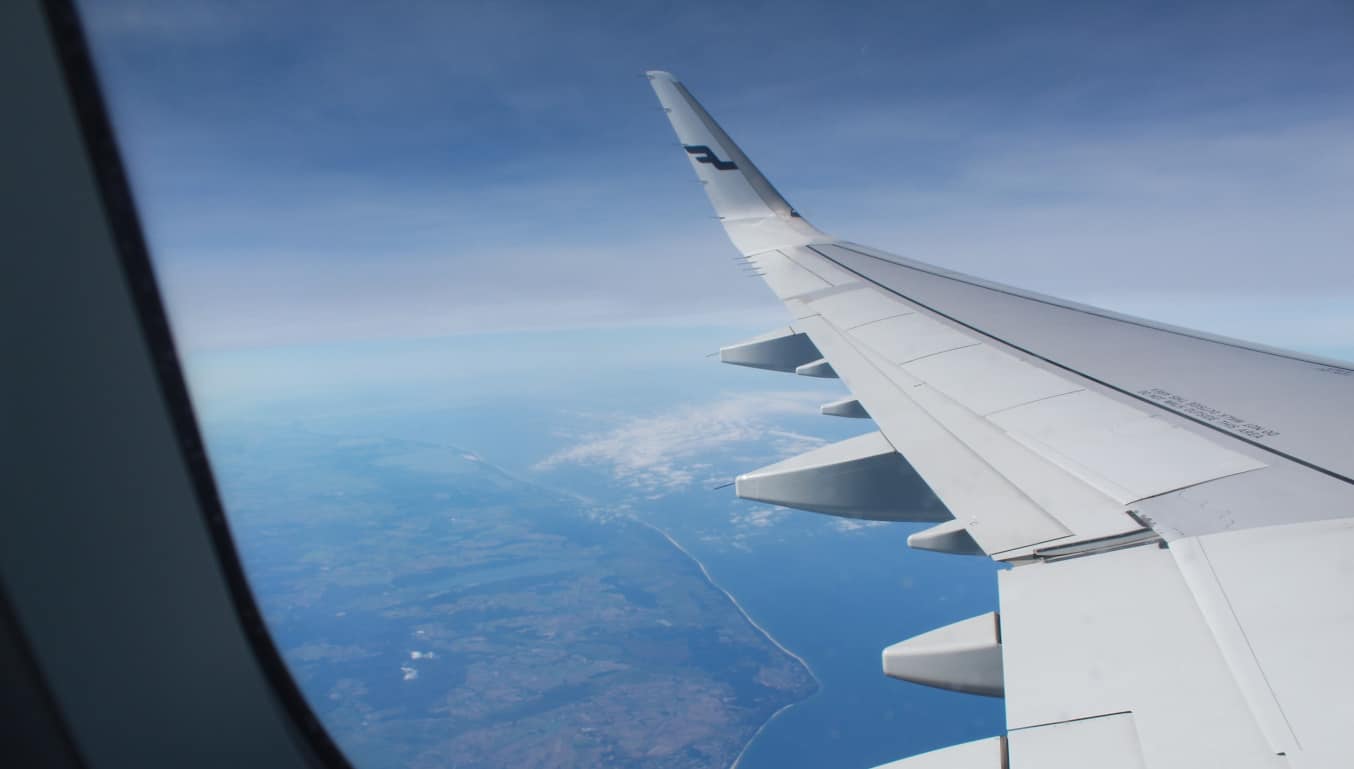With the summer months fast approaching and with the fatigue of more than a year of lockdowns weighing on us, many are hoping the second half of this year will provide ample opportunity to enjoy holidays abroad again.
The earliest possible date for foreign travel initially given is the 17 May 2021. Although no timings have been confirmed yet, employers are advised to start thinking about how they will deal with annual leave requests and foreign travel for holidays abroad.
With travel restrictions in place for most of 2020, many workers decided not to take annual leave, and instead carry over as much of their allowance as they could into 2021. Again this year, with the hope of foreign travel on the horizon, employees have likely been saving up annual leave to be used at a time when there is a chance to escape for sunnier climes.
The Government will be announcing a traffic light system for foreign travel in May which will operate as follows:
- Green countries – there will be no need for travellers to quarantine on return. However, they will need to take a pre-departure test, as well as a PCR Covid test on return.
- Amber countries – those returning from ‘amber’ countries will need to quarantine for 10 days upon return and take two tests, with the option to take a “Test to Release” on the fifth day after returning, to end self-isolation early.
- Red countries – travellers will need to pay for a 10-day stay in a managed quarantine hotel on return, as well as a pre-departure test and two tests on return.
Here are the top need to know answers on annual leave/holidays abroad this year for HR professionals:
Can we refuse holiday if staff want to take holidays abroad at the same time, once foreign travel is allowed?
Yes, you can refuse holiday requests, and many employers do so during busy periods for example. Where employees have already booked time off which you had previously agreed to, you will need to give as much notice to cancel the leave as the amount of leave the employee had requested. For example, you must give 2 weeks’ notice to refuse booked holiday if the leave the employee requested was for 2 weeks.
Employers need to be cautious however. Although you can refuse to grant holiday leave at certain times to ensure there are enough members of staff in for the viable running of the business, you cannot put employees in a position where they are not able to take their minimum statutory annual leave entitlement of 28 days. It would be best to encourage staff throughout the year to take holiday and spread holidays out, so that there are no last-minute holiday request pile ups towards the end of the holiday year.
Can we stop employees from travelling holidays abroad during the coronavirus pandemic?
In short – not really. As mentioned above, you can cancel a member of staff’s holiday if you give them the right amount of notice, and you will need to explain why you have cancelled their request and when they can rebook.
You will also need to be very careful if you decide to cancel an employee’s annual leave request which perhaps was approved before current travel restrictions were known and approved without any knowledge on your part of where the employee was intending to travel.
If you cancel the employee’s period of leave without a clear business reason, and without providing any form of compensation, the employee may suffer a financial loss if they had already made bookings. In these circumstances, the employee may be able to argue that the cancellation was a breach of the implied duty of mutual trust and confidence, and may have a case for constructive dismissal.
Although the employee’s constructive dismissal case is not necessarily clear cut, it is much better to adopt a more employee-friendly approach; encouraging employees who want to travel to visit countries which do not require the 10-day quarantine period upon return. Where employees have already booked holidays before travel restrictions were known, a better approach would be to allow the employee to take their holiday but discuss with them the way in which they will carry out work upon returning, should they need to quarantine.
Remember as well that government decisions to impose a quarantine on travellers may be very sudden, so a well-intentioned employee may get caught up in rapid changes to country status.
What should we do if an employee needs to quarantine after returning from holidays abroad?
Staff who need to quarantine must not leave their home to go to their workplace and you cannot ask them to return to the workplace. If the member of staff is able to work from home or from the designated quarantine hotel during this period, then they should do so.
There are a number of different options for those members of staff who are unable to work remotely, including taking the quarantine period as additional paid annual leave or as unpaid leave. It is important to remember that quarantining after travel does not entitle employees or workers to Statutory Sick Pay. However, if they genuinely have coronavirus symptoms, they may be able to claim SSP.
When looking to approve or deny holiday requests, you should be mindful of the fact that additional days may be lost following the holiday period, if the employee ends up returning from a red or amber-listed destination.
What should we do if an employee needs to quarantine after returning from foreign travel?
Can we tell employees when to take holiday?
To avoid the inevitable ‘hamstering away’ of holiday until the autumn, you could tell employees when they must take holiday. You simply need to ensure you give the employee twice as much notice as the length of the leave you want them to take. Employee relations will undoubtedly take a hit if this practice is adopted however, so open communication with employees and clarity around the reason for the request is important.
Can I pay people in lieu of holiday, to minimise staff availability issues?
No – it is not lawful to pay employees in lieu of accrued leave except on termination of employment.
Can I restrict travel to certain destinations?
There are a number of issues with restricting travel to certain countries. Generally, dictating what employees can and can’t do in their private lives would not be a lawful and reasonable instruction. Additionally, if individual members of staff are asked specifically not to travel to certain destinations, this could result in direct race discrimination claims. Where you ask that staff avoid certain countries, this request should apply to all staff and be linked to exposure of the virus and not racial origins. Even where a blanket policy is applied across your organisation, there could be concerns around indirect race discrimination if the restricted countries ban disproportionately affects certain groups.
Of course, you could put forward arguments justifying the restrictions, such as your duty to take care of other staff, and provided you can show any ban is a proportionate means of achieving a legitimate aim, you could defend any indirect discrimination claims. The fairness of any ban will really depend on the length of the ban, the choice for the restricted destinations, the level of risk, the employee’s reason for wishing to travel and when the quarantine for that country was imposed.
Remember, certain employees may have booked travel to low risk countries which suddenly become high risk destinations at short notice. Restrictions on travel may also not be reasonable if the only downside is the employee having to quarantine upon return, especially where they would still be able to work remotely.
Overall then, now is the time to start thinking about and planning for the impact of stored-up annual leave and potential 10 day quarantines. Discuss quarantine requirements with employees before they travel to ensure they understand the rules that apply on their return. Also ensure there is open dialogue around how the employee’s return will be managed by you, and make it clear to employees that they are expected to be open with you to help the business run smoothly and to allow for contingency planning.
If you need any help with the issues discussed in this article, please contact our employment lawyers.




